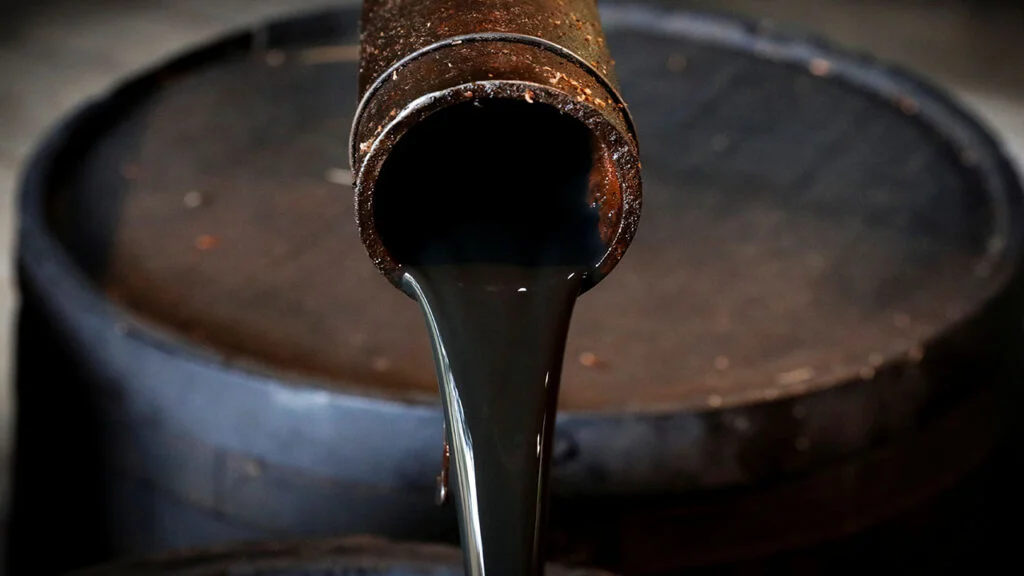- Web
- Feb 05, 2026
New sales tax policy to stalls $6 billion refinery upgrades
-

- Web Desk Karachi
- Apr 07, 2025

ISLAMABAD: Refinery upgrade projects totalling $6 billion may encounter delays as the oil industry anticipates a Rs32 billion loss this financial year due to changes in sales tax regulations, the oil industry officials warn.
The Finance Act 2024 altered the sales tax status of petroleum products such as petrol, high-speed diesel, kerosene oil, and light diesel oil from zero-rated to exempt supplies, barring input sales tax claims and considerably increased operational and capital expenses for local refineries.
According to The Express Tribune, refineries could face losses of Rs18 billion this year, while oil marketing companies may incur losses exceeding Rs14 billion. The Oil Companies Advisory Council (OCAC) raised this issue with former petroleum minister Musadik Malik and the finance minister, but no resolution was reached.
Currently, the oil industry looks to new Petroleum Minister Ali Pervez Malik for assistance, but he has yet to dedicate time to this issue, leading industry stakeholders to believe the government is unlikely to resolve the matter this financial year. They hope tax concerns may be addressed in the upcoming budget; however, by then, refineries may have already sustained losses of Rs32 billion, hindering their ability to initiate plant upgrades.
Oil sector urges new petroleum minister to address key industry challenges
Foreign investors, who previously showed interest in collaborating with refineries, are now hesitant due to this uncertain environment. Refineries had planned to invest up to $6 billion to boost production and meet 100 percent of the nation’s oil demand, yet currently supply only 30 percent of the country’s petrol needs. With modernization, this figure is expected to rise to 60 percent over the next six years.
For diesel, refineries currently fulfill 50 percent of domestic demand, and projections indicate they could double their capacity in the next six years, achieving full self-sufficiency and eliminating the need for imports.
It is estimated that while demand for diesel may increase 10-20 percent over the next six years, greater self-reliance will reduce the need for imports. Officials predict that enhancing petrol and diesel production could save Pakistan approximately $600 million in foreign exchange annually, leading to an economic benefit of $1.2 billion over two years.
Despite a six-month extension for refineries to sign supplemental agreements with the Oil and Gas Regulatory Authority (Ogra) to initiate plant upgrades, the situation has deteriorated, and concerns over attracting investment under the new refinery policy may prevent these agreements from being signed.
Oil industry officials warn that the amendment regarding sales tax exemptions jeopardizes the financial viability of planned upgrades, infrastructure development, and daily operations, ultimately eroding the earnings of the oil sector, particularly for refineries, and delaying modernisation efforts.




